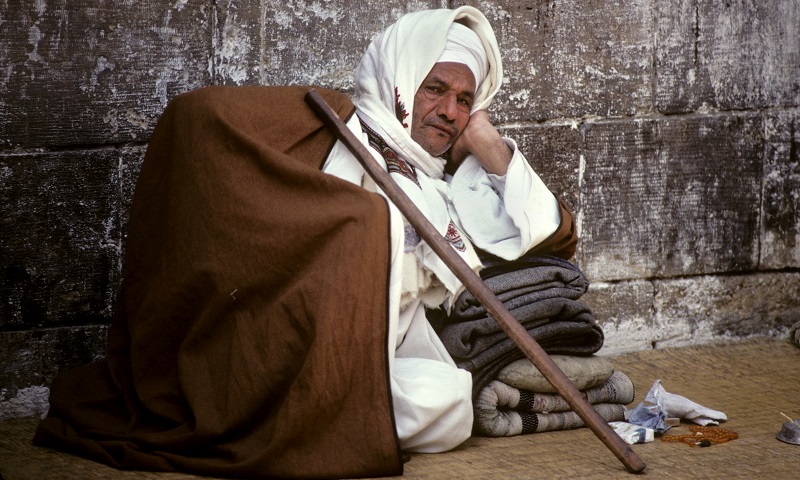
- Between 2015 and 2050, the proportion of the world's population over 60 years will nearly double from 12% to 22%.
- By 2020, the number of people aged 60 years and older will outnumber children younger than 5 years.
- In 2050, 80% of older people will be living in low- and middle-income countries.
- The pace of population ageing is much faster than in the past.
- All countries face major challenges to ensure that their health and social systems are ready to make the most of this demographic shift.
People worldwide are living longer. Today, for the first time in history, most people can expect to live into their sixties and beyond. By 2050, the world’s population aged 60 years and older is expected to total 2 billion, up from 900 million in 2015. Today, 125 million people are aged 80 years or older. By 2050, there will be almost this many (120 million) living in China alone, and 434 million people in this age group worldwide. By 2050, 80% of all older people will live in low- and middle-income countries.
The pace of population ageing around the world is also increasing dramatically. France had almost 150 years to adapt to a change from 10% to 20% in the proportion of the population that was older than 60 years .However, places such as Brazil, China and India will have slightly more than 20 years to make the same adaptation.
While this shift in distribution of a country's population towards older ages – known as population ageing - started in high-income countries (for example in Japan 30% of the population are already over 60 years old), it is now low- and middle-income countries that are experiencing the greatest change. By the middle of the century many countries for e.g. Chile, China, the Islamic Republic of Iran and the Russian Federation will have a similar proportion of older people to Japan.
A longer life brings with it opportunities, not only for older people and their families, but also for societies as a whole. Additional years provide the chance to pursue new activities such as further education, a new career or pursuing a long neglected passion. Older people also contribute in many ways to their families and communities. Yet the extent of these opportunities and contributions depends heavily on one factor: health.
There is, however, little evidence to suggest that older people today are experiencing their later years in better health than their parents. While rates of severe disability have declined in high-income countries over the past 30 years, there has been no significant change in mild to moderate disability over the same period.
If people can experience these extra years of life in good health and if they live in a supportive environment, their ability to do the things they value will be little different from that of a younger person. If these added years are dominated by declines in physical and mental capacity, the implications for older people and for society are more negative.
Read the full fact-sheet by the WHO and learn more about the 2015 WHO Report on Health and Ageing.
To learn more about our work on ageing, please visit un.org/ageing.
 Welcome to the United Nations
Welcome to the United Nations